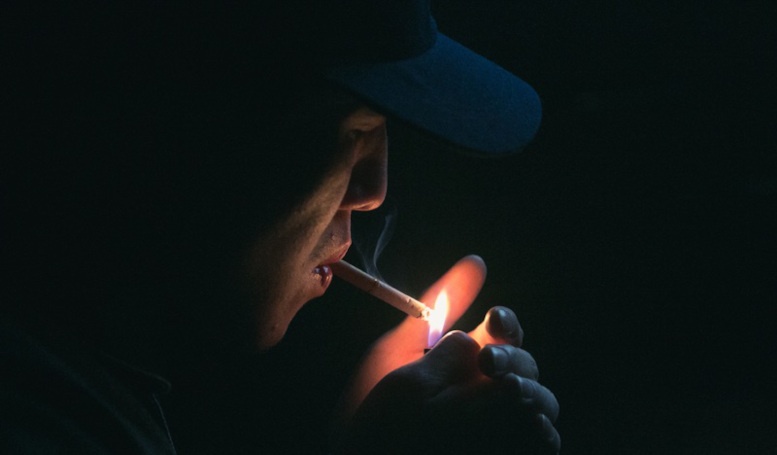A ban on the production of smokable hemp has been overturned in Texas after a judge found it violates the state constitution. Judge Lora J. Livingston of Texas’ 261st District Court, Austin, ruled in favor of four plaintiffs who joined to challenge the ban in a suit filed one year ago.
The ruling prevents the Texas Department of State Health Services (DSHS) from enforcing the statewide ban on the manufacturing and retail sale of smokable hemp products. The state health agency had argued that the ban, which took effect in August 2019, is required by law.
“This means that Texas is in the clear again to produce and manufacture smokable hemp products,” the Texas Cannabis Collective, an industry group, said in a statement posted yesterday on its website.
Hemp companies Wild Hemp, America Juice Co., and 1937 Apothecary were joined by retailer Custom Botanical Dispensary in the legal challenge.
‘Major win’
In issuing her ruling, Livingston cited the following statutes as unconstitutional:
- Texas Health and Safety Code Sec. 443.204(4) – “the processing or manufacturing of a consumable hemp product for smoking is prohibited.”
- Texas Agriculture Code Sec. 122.301(b) – “A state agency may not authorize a person to manufacture a product containing hemp for smoking, as defined by Section 443.001, Health and Safety Code.”
- 25 Texas Administrative Code Sec. 300.104 – “The manufacture, processing, distribution, or retail sale of consumable hemp products for smoking is prohibited.”
“Today’s ruling is a major win for Texas’ hemp industry, and may set a new standard in similar cases across the country,” Zachary Maxwell, president of Texas Hemp Growers, said in a statement.
‘Economic liberty’
The plaintiffs had claimed the law infringed on individual and economic liberty while favoring out-of-state smokable hemp producers. The ban applied only to the production of smokable hemp products, but those products are widely available to consumers in the state.
“Our team is pleased that the trial court upheld the economic liberty of Texas-based manufacturers, processors, distributors, and retailers,” said attorney Chelsie Spencer of the Ritter Spencer law firm, which represented Wild Hemp.
Texas stakeholders said they expect the state to appeal the decision.
States struggle
Many U.S. states are struggling with the legal status of hemp flowers, which are rolled into smokable hemp products often marketed based on their CBD content. Hemp operators in Indiana are still awaiting a decision on their challenge to a 2019 smokable-hemp ban brought by the Midwest Hemp Council, an industry group, and other petitioners.
Meanwhile, the Indiana legislature’s lower house passed a bill in February that would legalize hemp flowers, reversing rules under the state’s current hemp law. The proposed new law, House Bill 1224, is now before the State Senate’s Technology and Commerce Committee. It would effectively reverse the state ban and repeal a rule that limits the sale of hemp flowers to licensed Indiana processors.
New York has banned smokable hemp prerolls, cigarettes and loose flowers, but abandoned an original proposal that would have also blocked the sale of flowers for purposes other than smoking. That change came after stakeholders complained the state was walling off the most valuable part of the plant – the flower – which is the source of CBD and other cannabinoids.
Hawaii this month banned smokable hemp products. But Wyoming lawmakers last November rejected a proposed measure that would have banned smokable hemp and products containing CBD.
Fighting back
The win on smokable hemp in Texas reflects an aggressive approach taken by stakeholders in the state that seems to be paying off. Earlier this year, hemp proponents successfully derailed a bill that would have outlawed products containing delta-8 THC, another controversial subject in many U.S. states, where several have instituted bans.
Delta-8 is a form of THC distinguished from the more common delta-9 THC prevalent in marijuana plants. It is produced by extracting CBD from industrial hemp and then using acetic acid to turn it into THC. Producers have argued that the compound is legal under hemp provisions in the 2018 Farm Bill, but regulators have pushed back because the compound is not derived from the hemp plant in a natural manner.

